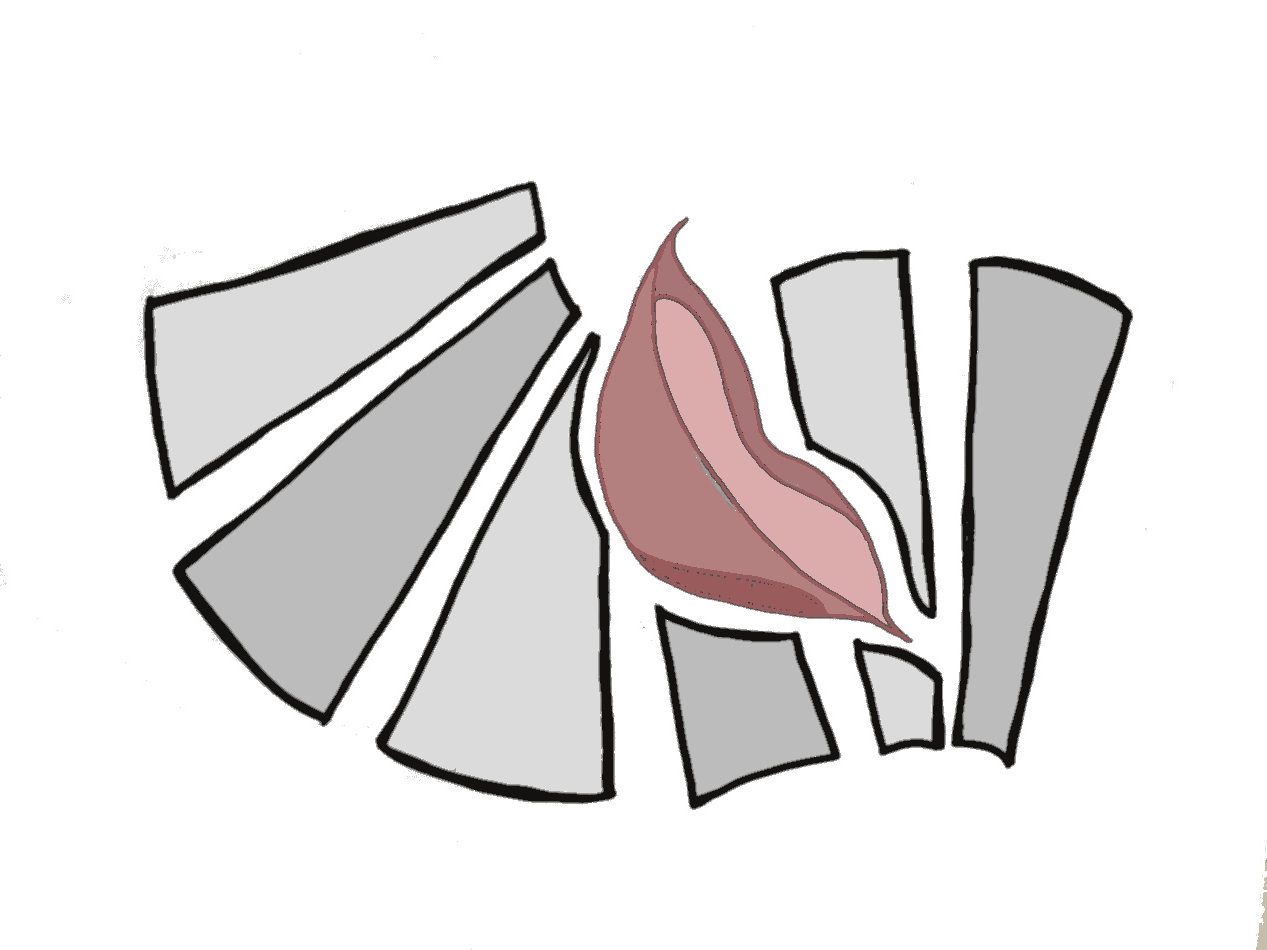Graphic by Carrie Clowers ’18
BY SABA FIAZUDDIN ’21
Moving to a new place is always challenging, regardless of who you are and where you come from. International students, however, not only have to deal with the complications of acclimating to a new place, but also have to spend a significant period of time trying to get accustomed to the culture and social life of their new home.
One of the struggles many international students have recounted in the past has a lot to do with the semantics of their adopted home. Although most Mount Holyoke international students can speak and write in English very well, there are many linguistic hurdles, such as word choice, that they have to overcome in order to completely assimilate into the American way of life.
This year the Office of Admission responded to this challenge by holding a workshop during orientation specifically designed for international students in order to help make their transition smoother. Annie Sullivan, coordinator of International Recruitment and associate director of Admission, and Amy E. Markham, associate dean and director of International Admission, held a session to introduce international first-years to some new terms that are mostly used in social contexts.
With 38 countries represented in the class of 2021, Sullivan acknowledged the impossibility of covering different words that all students could find applicable and useful. Some common words used by international students which are not used in the U.S. include: “lift” for “elevator,” “flat” for “apartment,” “zebra crossing” for “crosswalk,” “footpath” for “sidewalk,” “toilet” for “restroom” and “boot” for “trunk.”
In order to make the session more useful to students, International Student Organizing Committee (ISOC) leaders were present who related their own challenges with language when they moved to the U.S. Many students expressed difficulty understanding the traffic rules which are significantly different than those in their home countries.
Rediet Tefera ’18 from Ethiopia and Tranxiao Liu ’21 from China mentioned that the greatest differences they noticed were in the sense of humor. “I was surprised by the dry sense of humor of Americans,” said Liu. “In China, most people when they’re close like to poke fun at each other. Here, however, people tend to make fun of themselves and there’s a lot of sarcastic humor which is unheard of where I come from.”
Maha Mapara ’21, an international student from Karachi, Pakistan recounted the linguistic differences she noticed when she first moved thousands of miles away from home to Mount Holyoke. Because her school in Pakistan taught her British English she found some of her American peers’ word choices and pronunciations slightly unusual. One of the differences she pointed out was the pronunciation of the word mobile. She had always pronounced mobile as mo-byle, whereas all her American peers pronounced it mo-bill.
She said, “There are many instances where I have to repeat myself for people because they find my accent difficult to understand. They don’t know exactly where to place me so I have had many conversations where I end up repeating my thoughts several times or slightly changing my accent so my words can become more decipherable.” She also said, “It is slightly irritating because I see English as a universal language, one that I use quite often back home. To change the way I have always spoken is slightly disorienting.” Mapara did, however, have great things to say about the workshop hosted by Sullivan and Markham, calling it the “most enjoyable part of orientation for me.”
Sullivan emphasized that the purpose of introducing international students to American terms isn’t to “fix” the way they speak, but instead to show them how most Americans converse and to let them decide whether they want to adopt these new terms or not. Sullivan said that she wants students to use language in their daily conversations that seems convenient to them, because diversity in all its forms is something that makes Mount Holyoke special.

